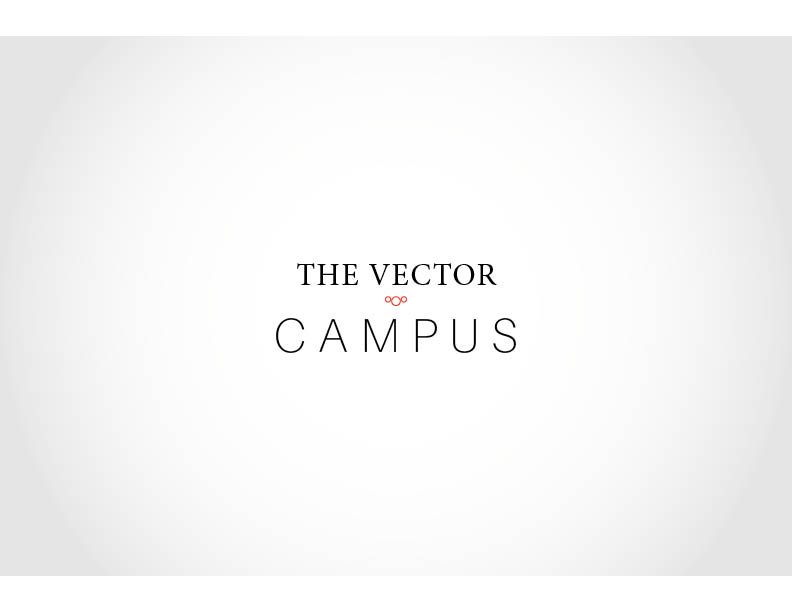Daniel Connolly came to Rutgers-Newark to promote his new novel The Book of Isaias. The novel is about Isaias Ramos, a very intelligent young man from Memphis, Tennessee who is an illegal immigrant, coming from Mexico when he was eight years old. Connolly followed this boy for five years recording his struggles as he battled with choices immigrants face on a daily basis providing insight into the world most Americans often sweep under the rug.
The novel starts off with Isaias in Kingsley High School giving a presentation about the appeal of political liberalism, saying “He [Ramos] defined liberalism as critical thinking rather than blindly following tradition.” This is reflected in Isaias’s personal life as he calls himself in atheist in his very Catholic environment and not taking college into consideration has his mentors urge him to apply to Harvard deeming it a “waste of time.”
The author of this novel spent time as a reporter, and found himself doing many stories on immigration in regards to Hispanics. Hispanics have the highest immigration rate but the lowest in college education, because America does not invest in their future, according to Connolly. When he went to Washington, there would be 3-6 employees on these committees for the advancement of Hispanic youth. The author asks if this is enough. The novel delves into politics of illegal immigrants working in corporations illegally and the feds overlooking this. The novel kind of goes away from the story of Isaias Ramos in this political jargon where Connolly’s political background comes into play which makes the novel a bit more like a textbook.
The Hispanic American narrative is one we do not hear very often at NJIT. Many Hispanics who are undocumented are in this lose-lose situation where they don’t have a social security so they can’t apply for financial aid to college (or even to college) but can go to high school up to grade twelve. Connolly goes into more detail of the different laws passed which were overturned of sending illegals back home who worked for multinational corporations which in itself is a debate.
Connolly doesn’t delve into the politics of it, but he does state one face that these immigrants are taken advantage of. They are not given the right to higher educations and are paid just livable wages to pass by. Anyone looking for an interesting read about a perspective that most students do not have exposure to should pick up this book.







































